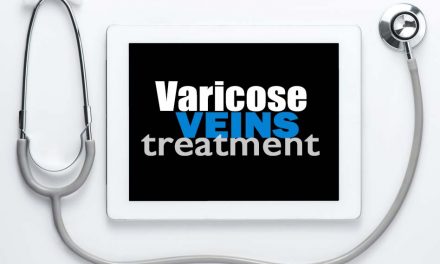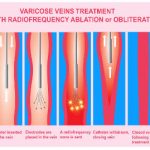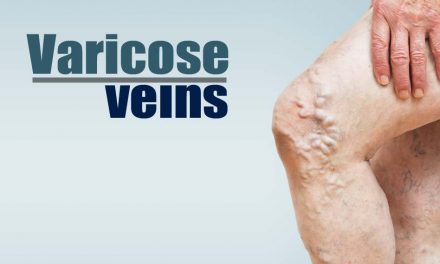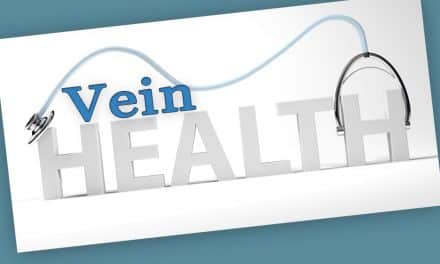
Vein Center Accreditation First Anniversary at Kavic Laser
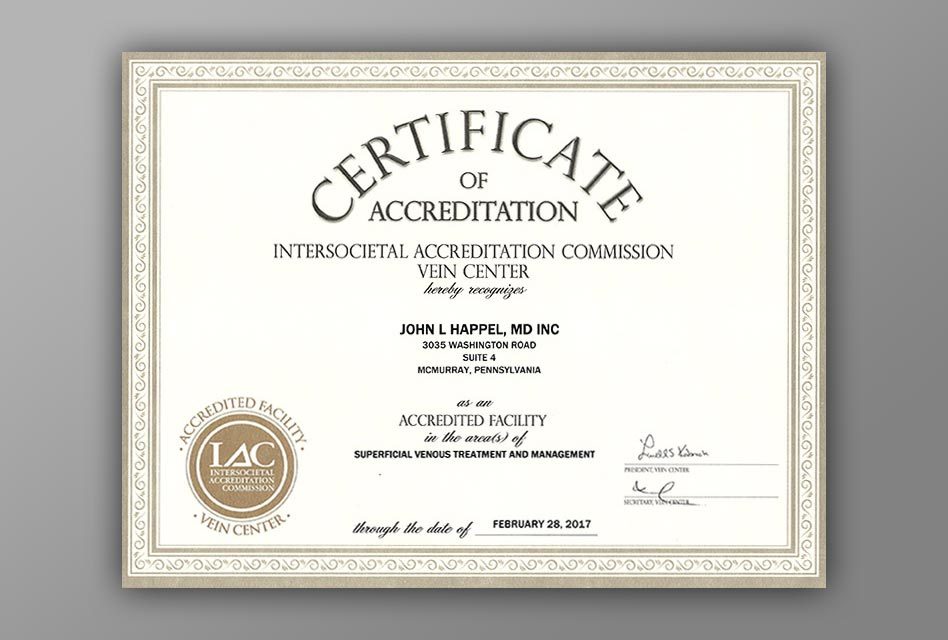
Yawn … Why Should You Care about Vein Center Accreditation?
Kavic Laser & Vein Centre is the only accredited vein center in all of Pittsburgh and the surrounding area. It is important for people who are choosing a vein center to know exactly what vein center accreditation means.
When the laser became FDA approved for vein treatment, there was no need for stripping of varicose veins. Stripping required a hospital or surgery center admission, general anesthesia and painful scars.
Since these new laser vein procedures can be done safely in an office setting, there was a big paradigm shift. Doctors without any training in venous disease are legally allowed to buy a laser and do these varicose vein procedures in their office.
Since there are no longer any credential committees checking for a vein doctor’s qualifications in the office setting, the floodgates are open. To counter this, a joint commission was created with strict national standards. Their duty is to inspect varicose vein centers in order for a center to obtain accreditation.
New Accreditation for Doctor’s Vein Center Introduced
In 2012, vein experts across the country saw the pressing need for quality and safety standards to be adopted for vein center office practices. Doppler ultrasound, which is an integral part of every venous practice, had already been previously regulated.
To be reimbursed by insurance for venous ultrasound tests, all doctors who perform these ultrasounds on veins must operate a certified ultrasound laboratory. The government and commercial insurers demand it.
Vein experts across the major venous societies saw that ultrasound accreditation alone was not enough. The entire vein center must be accredited to ensure the public’s safety. Unqualified or untrained vein doctors must not be allowed to learn how to practice vein treatments “on the job”
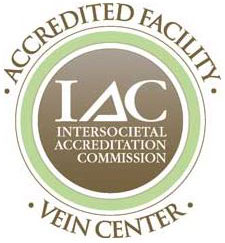
The IAC accreditation of a vein practice is a seal of approval upon which you can depend.
Meeting the IAC guidelines for venous patient evaluation, management and treatment requires rigorous standards. An on-site visit is part of the accreditation process. Quality improvement is an integral part of this process.
Safety, proper sterilization and equipment, emergency contingency plans, and training of all of the personnel involved are examined. Continuing education hours are inspected. Here is where the vein center accreditation standards can be viewed.
Why Should a Vein Center Go Through This Voluntary Process?
The main reason is obvious. However, there is an underlying reason.
Starting in September 2015, all vein centers in Massachusetts must have their IAC vein center accreditation to be reimbursed by Blue Cross and Blue Shield of Massachusetts. They are the largest insurer in Massachusetts with 2.8 million members.
Health insurance companies are rationing vein procedures. There has been an explosion of vein centers over the past ten years. Payment for the huge increase in the number of varicose vein treatments that is being done has become a growing issue.
Presently in South Carolina, Blue Cross and Blue Shield of that state, including Obamacare or the Affordable Care Act participants, no longer covers varicose vein procedures. Many national insurance companies are increasing the restrictions of the types of venous procedures. Insurance companies are denying care for previously approved varicose vein treatments.
Radical payer shifts are already underway in the field of varicose veins.
Another example of new varicose vein policy restrictions is the body/mass index. If you are too overweight (body/mass index greater than 35) some insurance companies will not pay for your varicose vein treatments at all.
That does not exist for total hip or knee replacements. It certainly does not exist for diabetes or hypertension treatment either.
How to Protect Yourself If You Have Varicose Veins
Seek your varicose vein treatment only in an IAC certified vein center. Other vein centers follow no regulations, national standards and have not been inspected for safety, quality, or training.
Not seeking your varicose vein care in an IAC accredited facility is like playing Russian roulette. You just don’t know what you’re going to get when you pull the trigger.
Conclusion
Restrictions on varicose vein care are increasing rapidly. In one state, varicose veins are no longer a covered service. Your insurance deductibles are rising. Coinsurance is rising. The cost of these procedures is being shifted from your insurance company to you.
What should you do?
Call our IAC accredited vein center for your varicose vein treatments while insurance coverage is still available.
One year ago, the Kavic Laser and Vein Center passed their on-site examination and passed with flying colors. Our vein center was the fourth vein center in the country to become IAC accredited.
We have the distinct honor of being the only accredited vein center in our city. Read my beginner’s guide on choosing a vein doctor to learn more.
The trend is clear. Insurance companies are rapidly increasing their restrictions towards varicose vein treatments and vein care. Act now or pay more out-of-pocket later.


